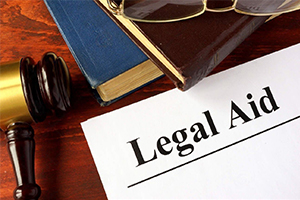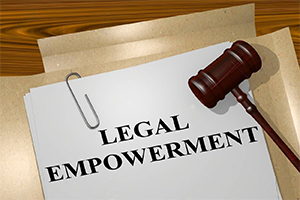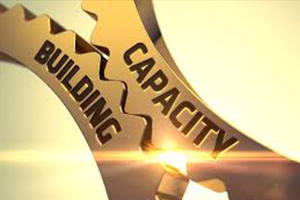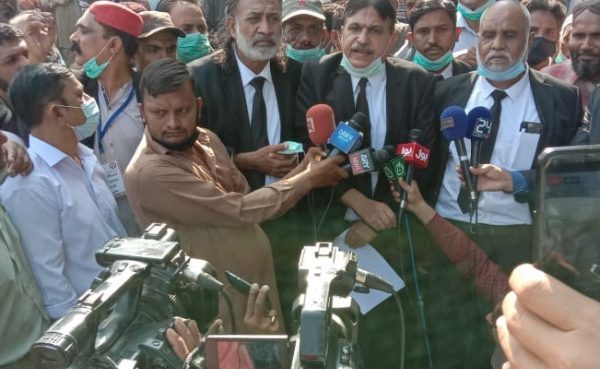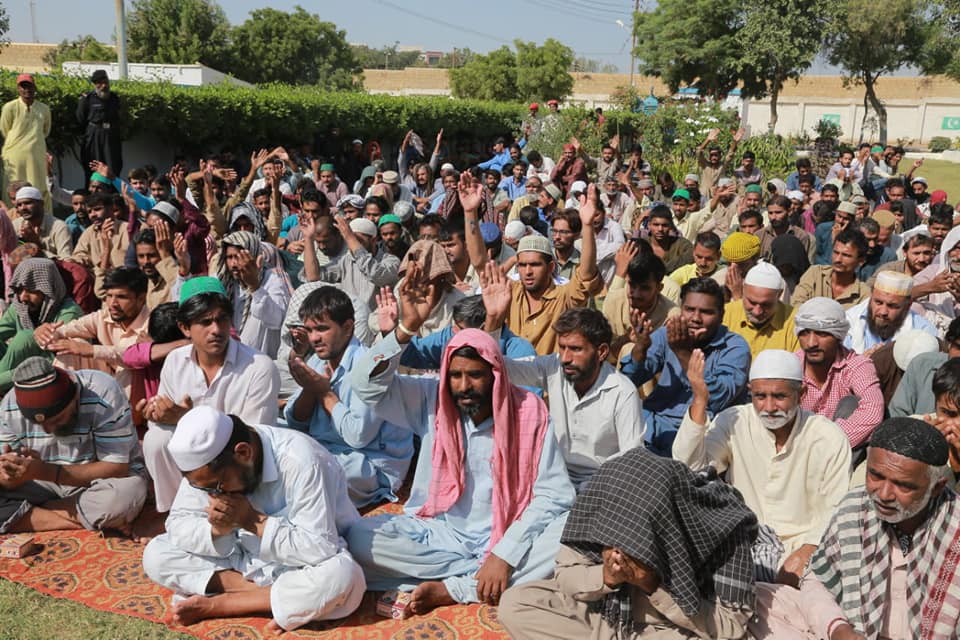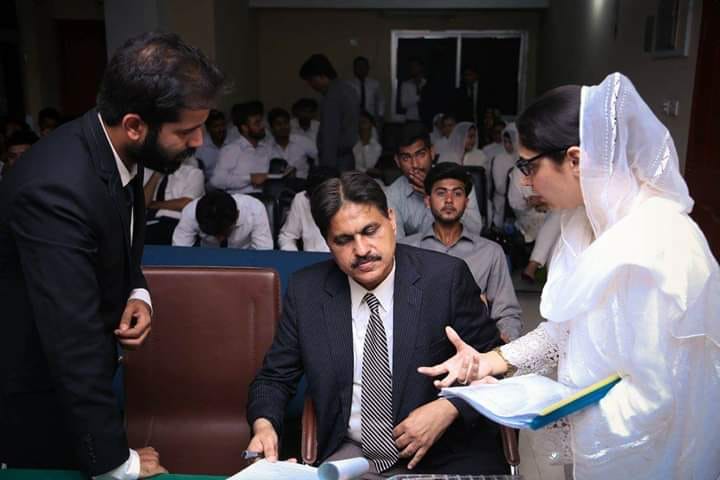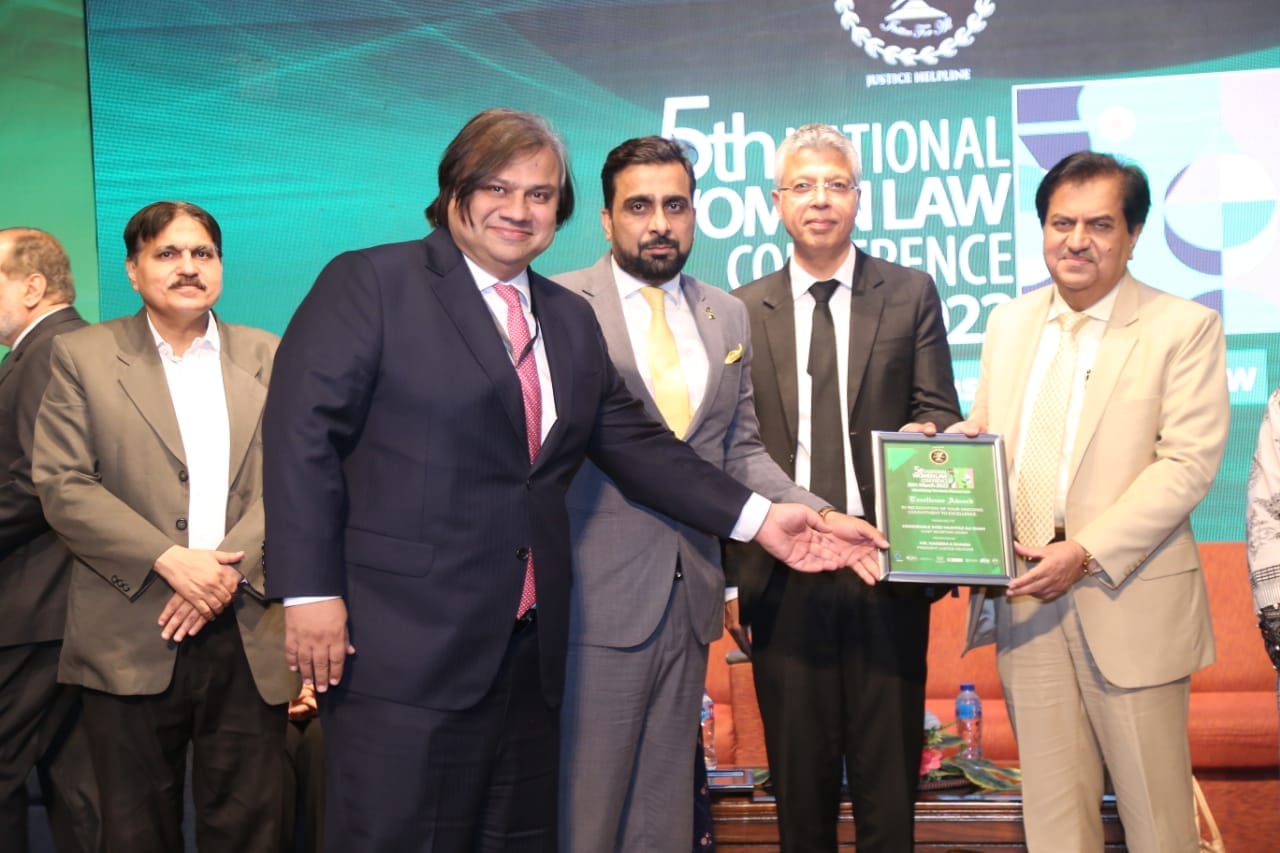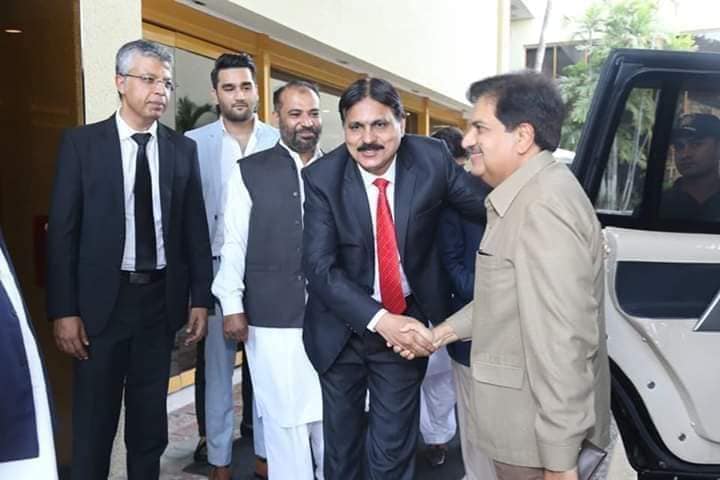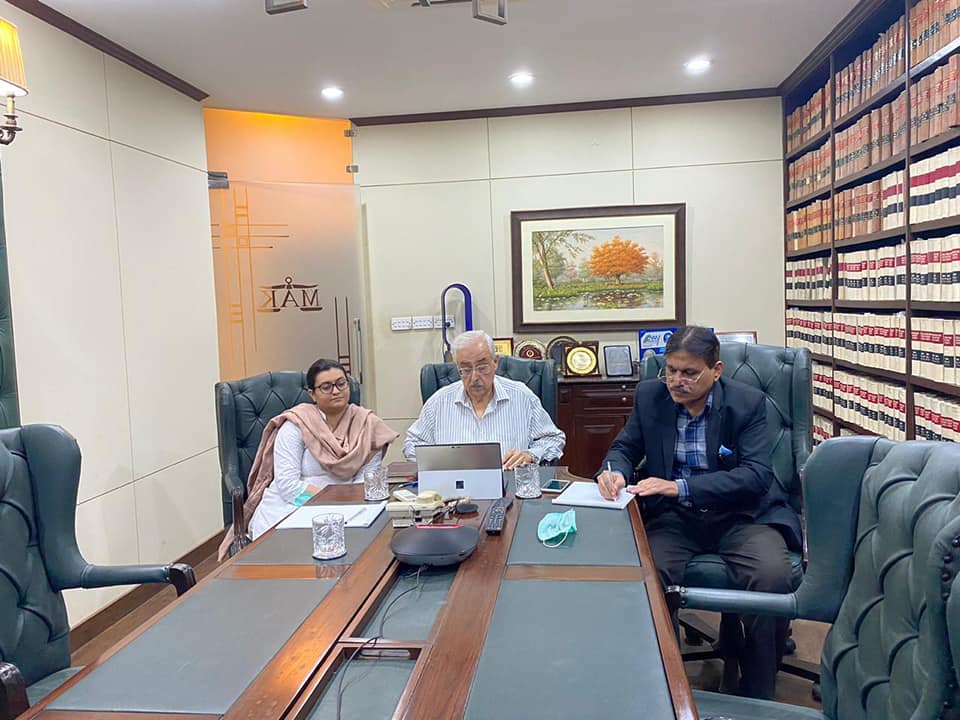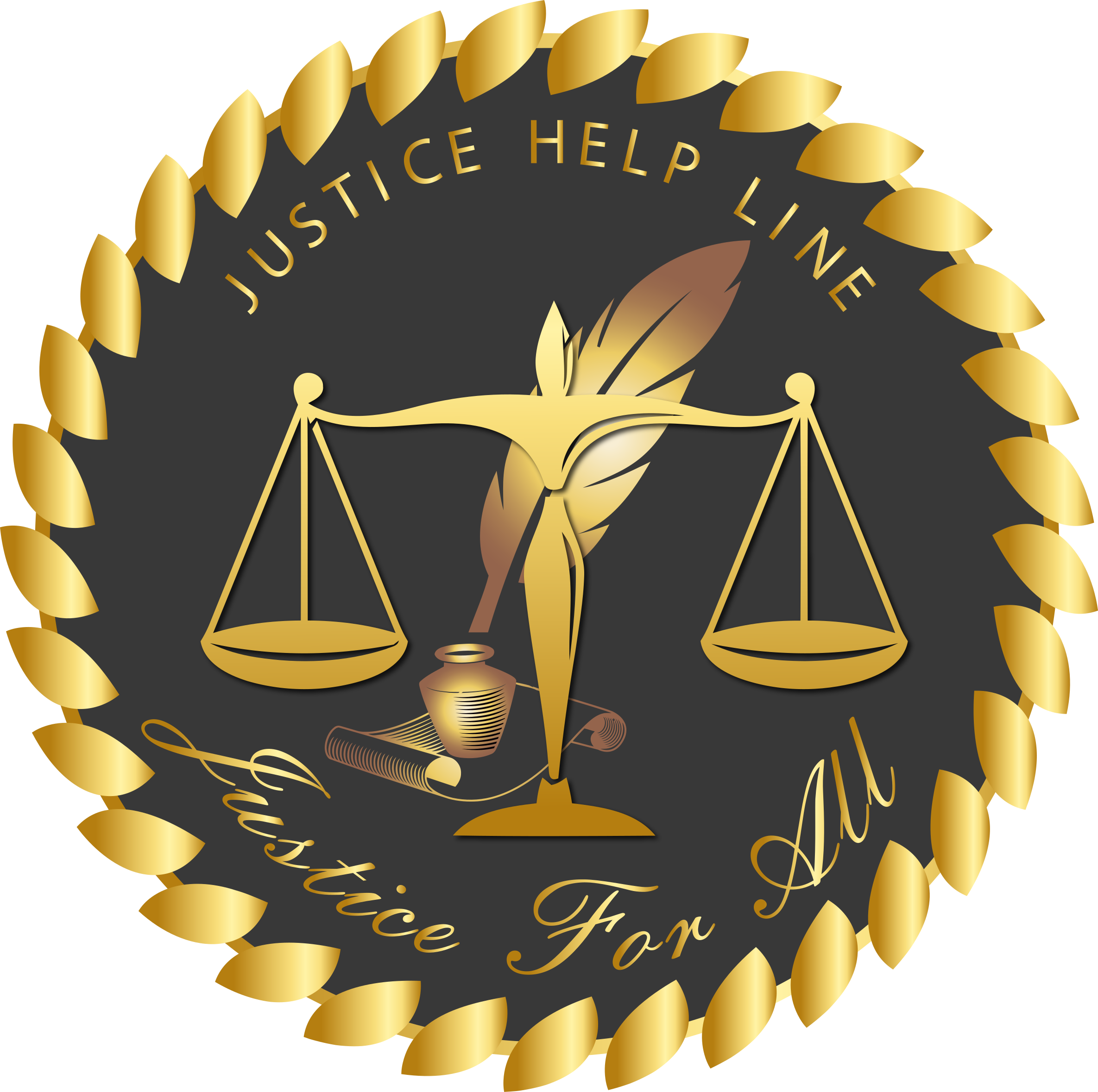More than half the Pakistan’s population lack meaningful access to justice. They are driven from their land, denied basic services, and intimidated by violence.
We believe that unless marginalized, disempowered and discriminated sections of the society exert their legal rights and enjoy complete protection of the law, the laws lose their moral and legal standing; for, legitimate laws stand to practically serve fair needs and rights of these groups rather than being confined to the books and its shelves. However, people could really make best use of the laws provided that they are aware of those laws.
Our Group of lawyers are experts in basic law and in skills like mediation, organizing, education, and advocacy. They form a dynamic, creative frontline that that can squeeze justice out of even broken systems.
Paralegals track data on every case they handle. Together with the communities we serve, we strive to translate the lessons from our grassroots experience into positive, large-scale changes to laws and systems.
Keeping this problem in view, JHL subscribes to the Legal Empowerment philosophy in designing its engagement strategy with communities to empower them so as to better understand how they can come to the fore in resolving their problems. JHL commences with interventions through which people can come to know what the law is. Awareness sessions are designed keeping in mind the legal needs of communities and are curated to ensure they are heavily interactive and engaging. JHL believes in continuing education and learning for all its members and arranges regular sessions to ensure effective community engagement strategies are discussed and lessons from the field are shared and looped back in to improve engagement with the communities. JHL conducts these clinics with grassroots communities including women and religious minorities.
The major interventions made under this thematic area include followings:
• (a) Legal awareness sessions with religious minorities to build their awareness on legal and constitutional rights including their rights anchored in the international human rights regime. In response to the learnings made through the clinics, many of the individuals from religious minorities have stood up against the injustice and unfairness taking place in their routine life and otherwise and have successfully engaged with many of the state-run redressal mechanisms. We have many success stories in our account.
• (b) JHL conducts legal awareness clinics with the grassroots communities and professional organizations on Alternative Dispute Resolution (ADR) so that they could be better sensitized and adequately empowered to make access to the formal ADR instrument to seek speedy and inexpensive justice rather than engaging with overburdened courts causing unreasonably extensive and expensive adjudication process. Reasonably good number of cases have emerged successful while bringing relief to the otherwise people desperate and disempowered people.
• (c ) JHL also engages with the grassroots communities to build their awareness on the constitutional fundamental rights, women’s rights, child rights and responsible citizenship.
